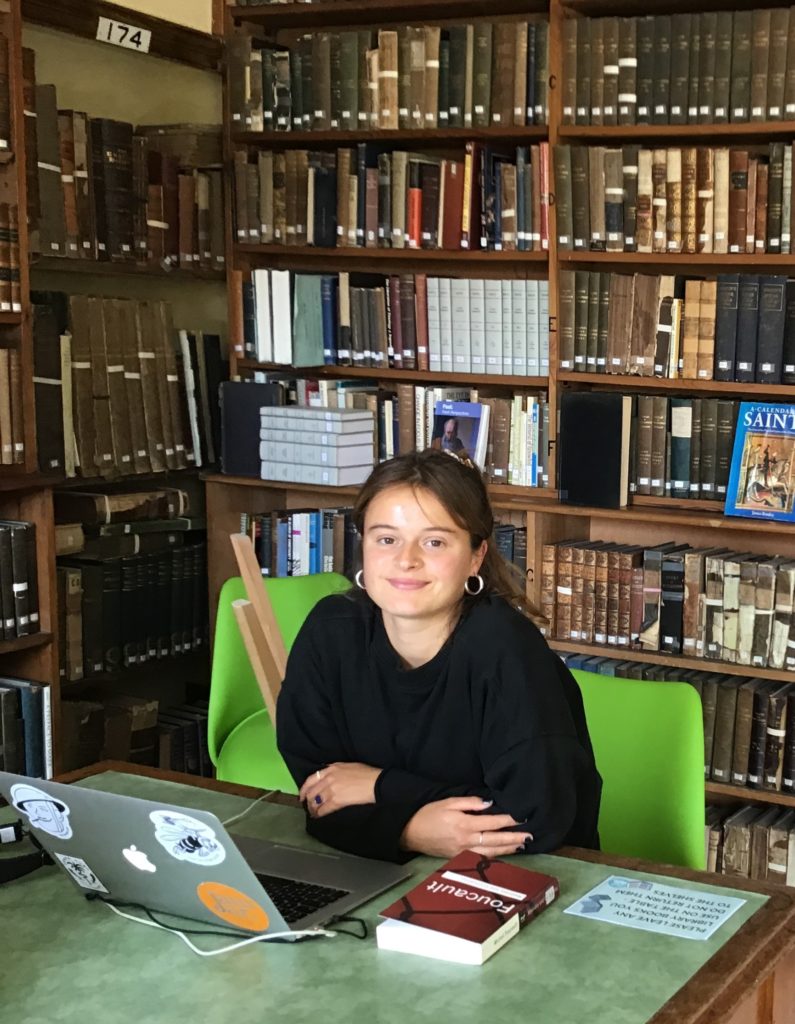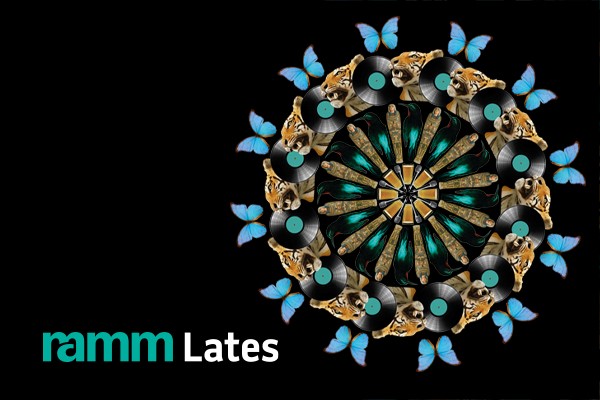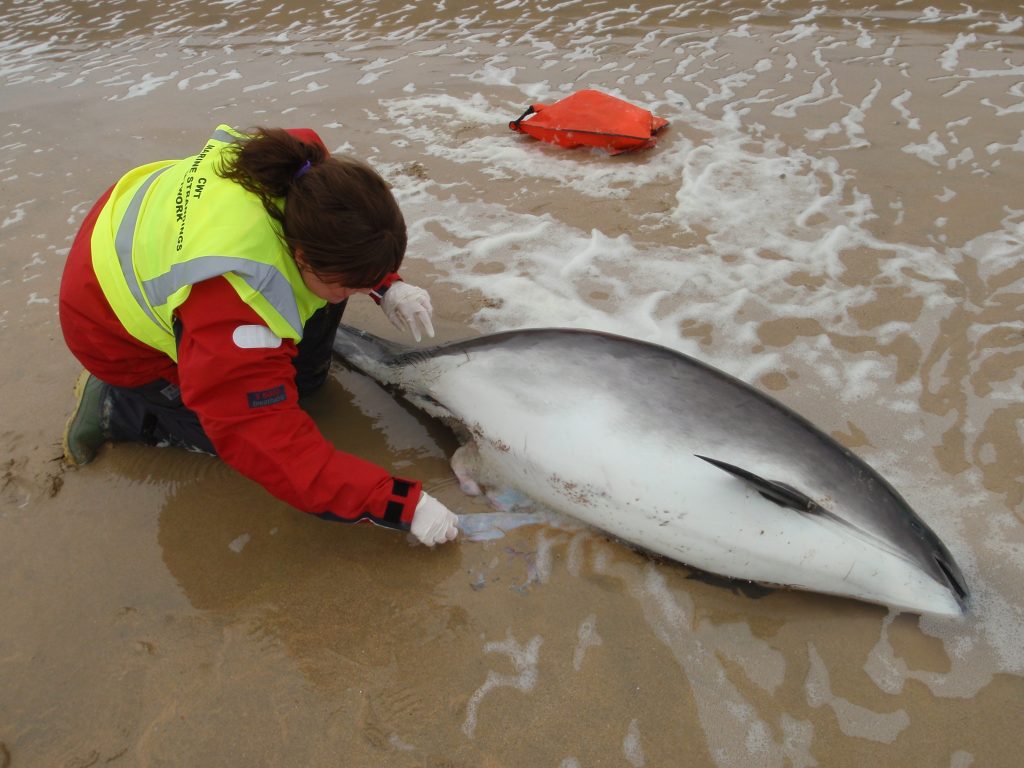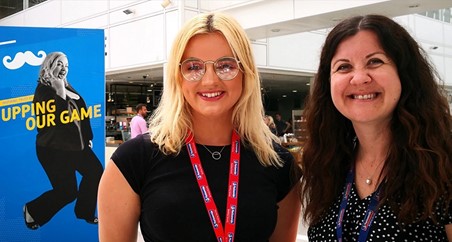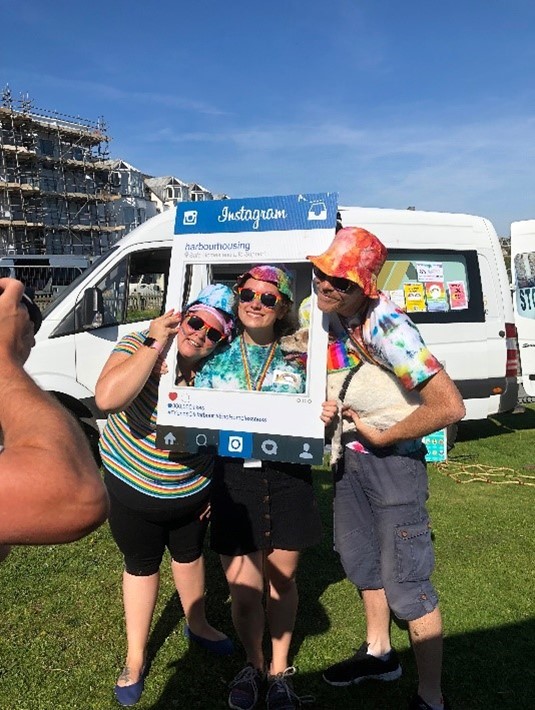Name of Organisation: Morrab Library
Description of Organisation: The Morrab Library is an independent library based in Penzance, Cornwall in the UK. It holds over 60,000 books, and extensive archive collections. Notable collections include the Dawson Napoleonic Collection comprising over 3,000 engravings and prints, photographic collections of over 15,000 prints and negatives, extensive runs of 18th and 19th century journals, the Jenner Collection of Cornish and Celtic books, and over 2,000 books printed from the 16th to 18th centuries.
Name of Employer: Lisa Di Tommaso
Job Title: Librarian
Internship Scheme used: Access to Internships (A2I)
Feedback:
“Our intern wrote a lengthy paper on the life of JT Blight within the context of the treatment of the mentally ill in 19th century Cornwall, which will be posted on our website and on social media. The paper will also be added to our archival collections, thus enhancing our understanding of the collections we hold. In due course, the intern will also return to deliver a talk to our members on the topic of her research.
This level of in-depth research and the length of the paper she produced were new to our intern, and she achieved a high standard in her work. She also worked largely alone, consulting myself and colleagues as needed, but essentially taking on the project and her choice of research materials herself, providing her with a great opportunity to learn about the techniques and process of academic research.
We very much enjoyed welcoming the intern as part of the team, and were incredibly sad to see her go when her time was completed. Her contribution to our knowledge of the library’s collections was greatly enhanced. I believe it was a highly positive experience for both us, and the intern.”

